Sydney eScholarship repository 2024 highlights

Every year the Sydney eScholarship repository welcomes thousands of submissions from the work of passionate University of Sydney researchers. There is a wide range of topics and formats, and as an open access repository, it aims to support an engaged, open and collaborative research community.
The repository is where those who have knowledge to share can connect with those who are looking for answers. Below are some of the outcomes for authors who shared their work through Sydney eScholarship repositoy this year.
2024 Open Access numbers
In 2024, the Library published over 1,000 items to our open access collections and so far there have been more than 650,000 downloads.
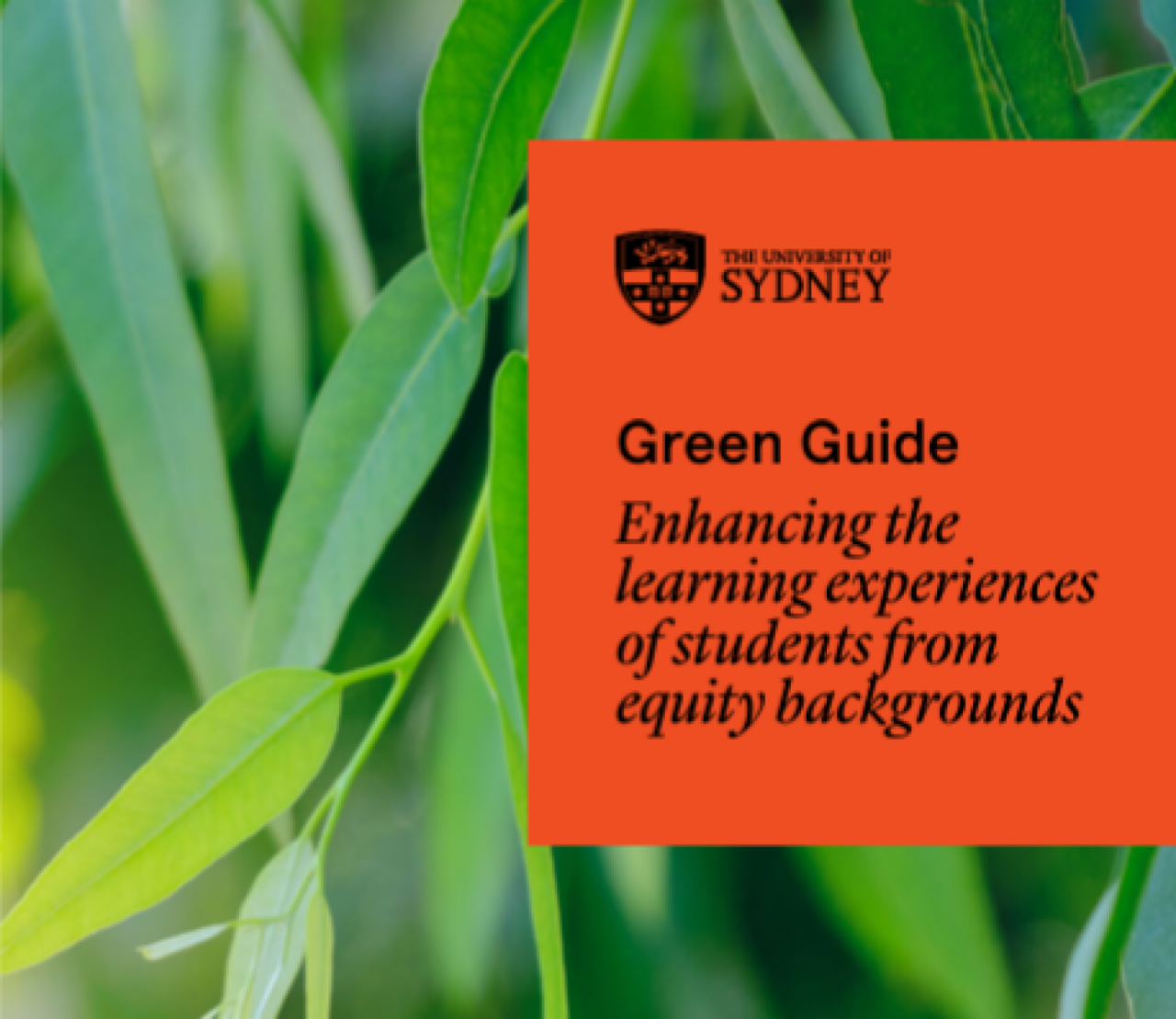
Supporting inclusive education with the Green Guide
In June this year, the Educational Innovation team in the Education Portfolio submitted their Green Guide: Enhancing the learning experiences of students from equity backgrounds to the repository so they could share it more widely.
In November, Dr. Samantha Clarke reported that:
"Sydney eScholarship has transformed how we share the Green Guide, providing a trusted institutional platform that's driven remarkable engagement - over 1,600 downloads and 3,500 page views in just five months since launch. As our single source of truth, the repository allows us to track the Guide's growing influence both locally and internationally, while establishing it as a credible resource for educators creating more equitable learning environments."
The Green Guide is freely accessible online at bit.ly/GreenGuideUSYD and the team also developed an AI agent trained on the Green Guide: bit.ly/GreenGuideAgent.
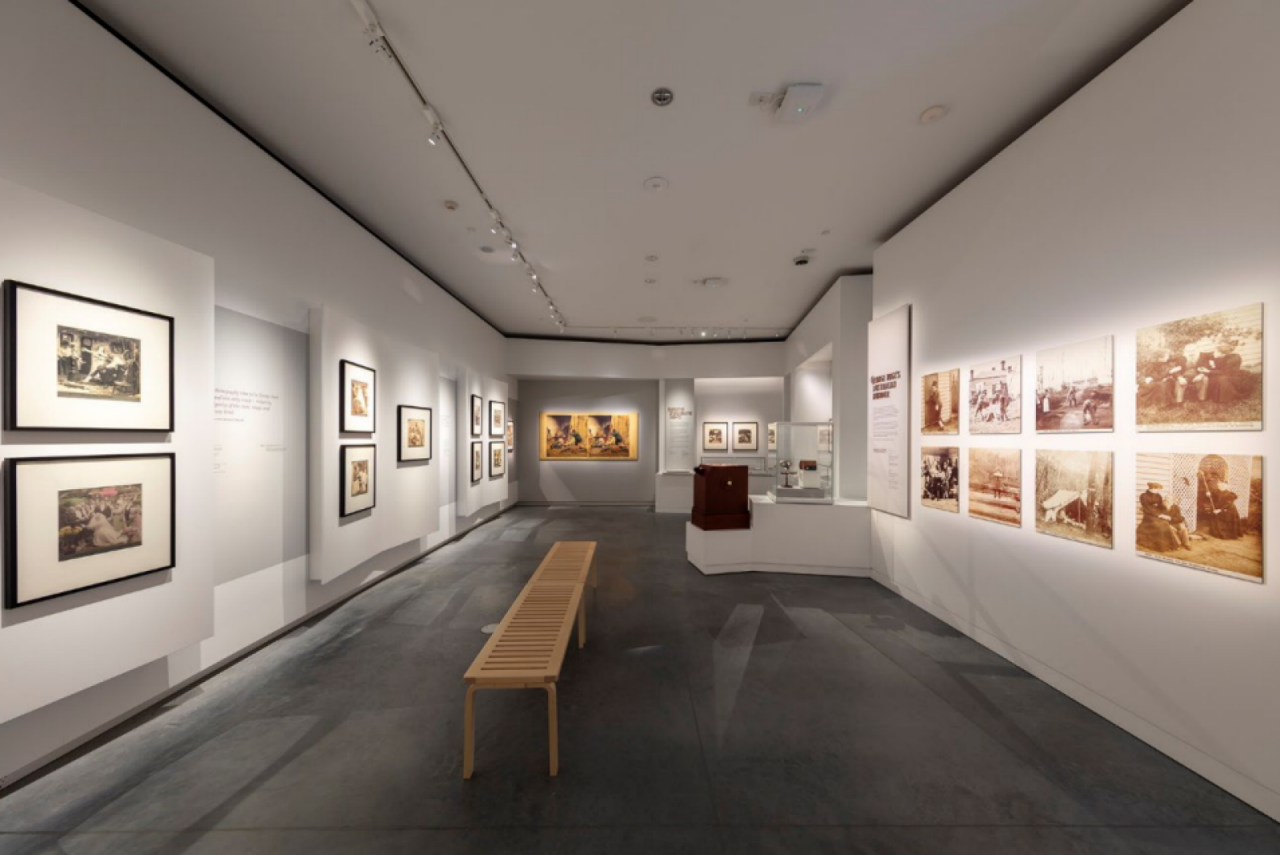
Preserving cultural knowledge for future generations
In October, the Chau Chak Wing Museum published the catalogue for their inaugural exhibition in their photography gallery: The Business of Photography: the 19th Century Studio. The catalogue was published in conjunction with the exhibition The Business of Photography (18 November 2020 – 26 September 2021) and examined 19th century photographic studios in NSW and the characters who ran them. They also published the catalogue for the exhibition The Staged Photograph in conjunction with its exhibition which was on until August this year.
“These catalogues capture the significant research that goes into our exhibitions and showcase the full selection of works on display. They also offer us a way to disseminate each exhibition in a citable format, beyond the time-limits of the physical display, and to an international audience who might not have the chance to visit in person. Over time they will become the archive of our work at the CCWM for future generations to analyse and re-evaluate.
In the past 6 months our exhibition catalogues have been viewed on the SeS site more than 2400 times, and downloaded nearly 1000 times, by people around the world including in China, France, Germany, Japan, Russia and United States of America.” – Assistant Curator, Chau Chuk Wing Museum
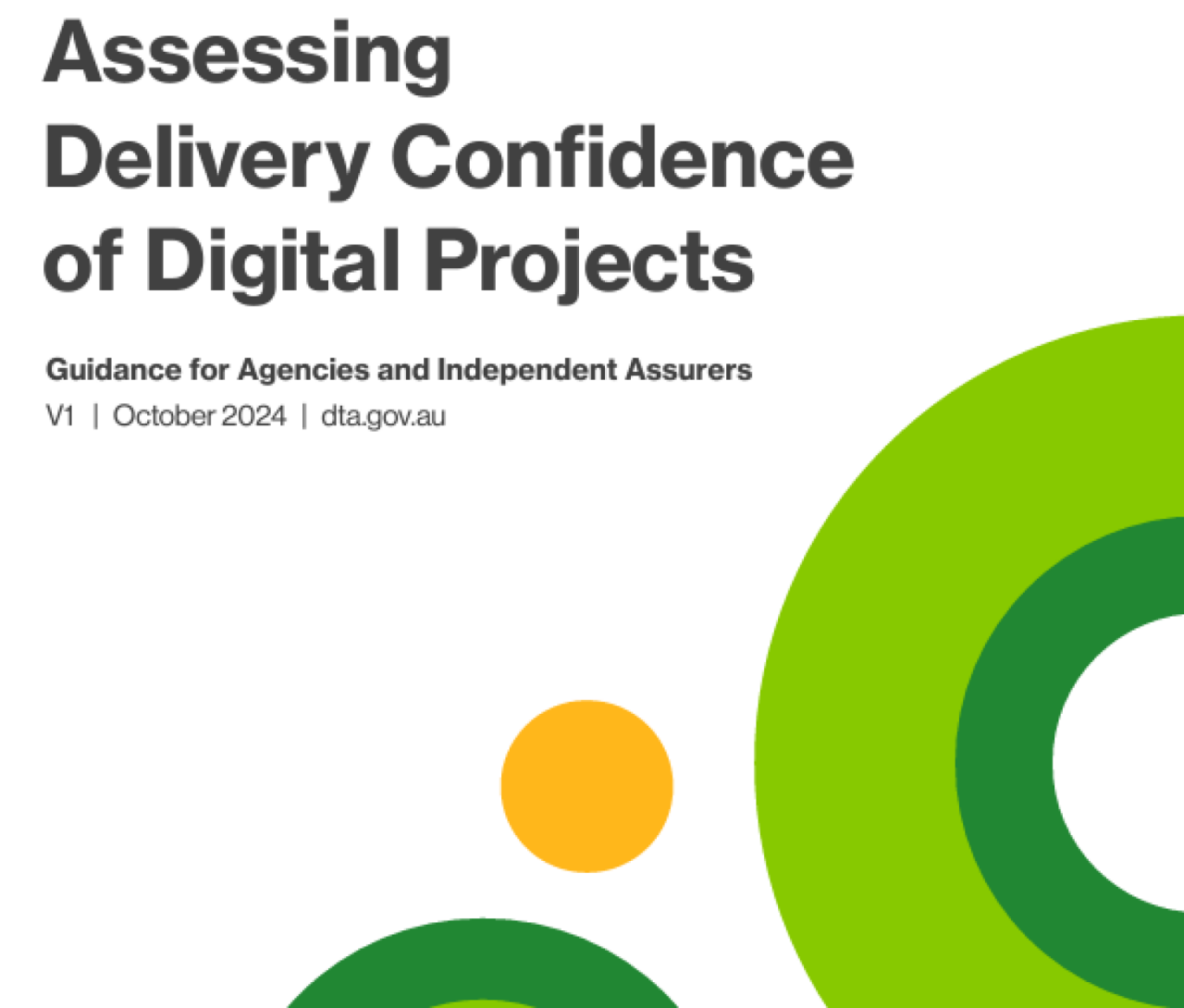
Furthering Project Leadership capability
The Faculty of Engineering’s John Grill Institute of Project Leadership wanted to establish a collection for their industry papers, so created the Industry Paper Series collection with DOIs (Digital Object Identfiers) for their reports. DOIs make it easier to find and cite research. This allowed the institute to gather a range of items in one place and easily disseminate it out to stakeholders.
Associate Professor Natalie Smith explained their approach:
“We have shared these articles through our newsletter and social media networks, as have our research partners. The focus of the John Grill Institute for Project Leadership is “Project Leadership in a Changing World”. The papers contribute to this focus in two ways. The first is that we are getting feedback from our partners that these papers are helping lift capability across their organisation. The second is that we have seen direct connection between the dissemination of these articles, and approaches from organisations wanting to partner with us for research projects and education."
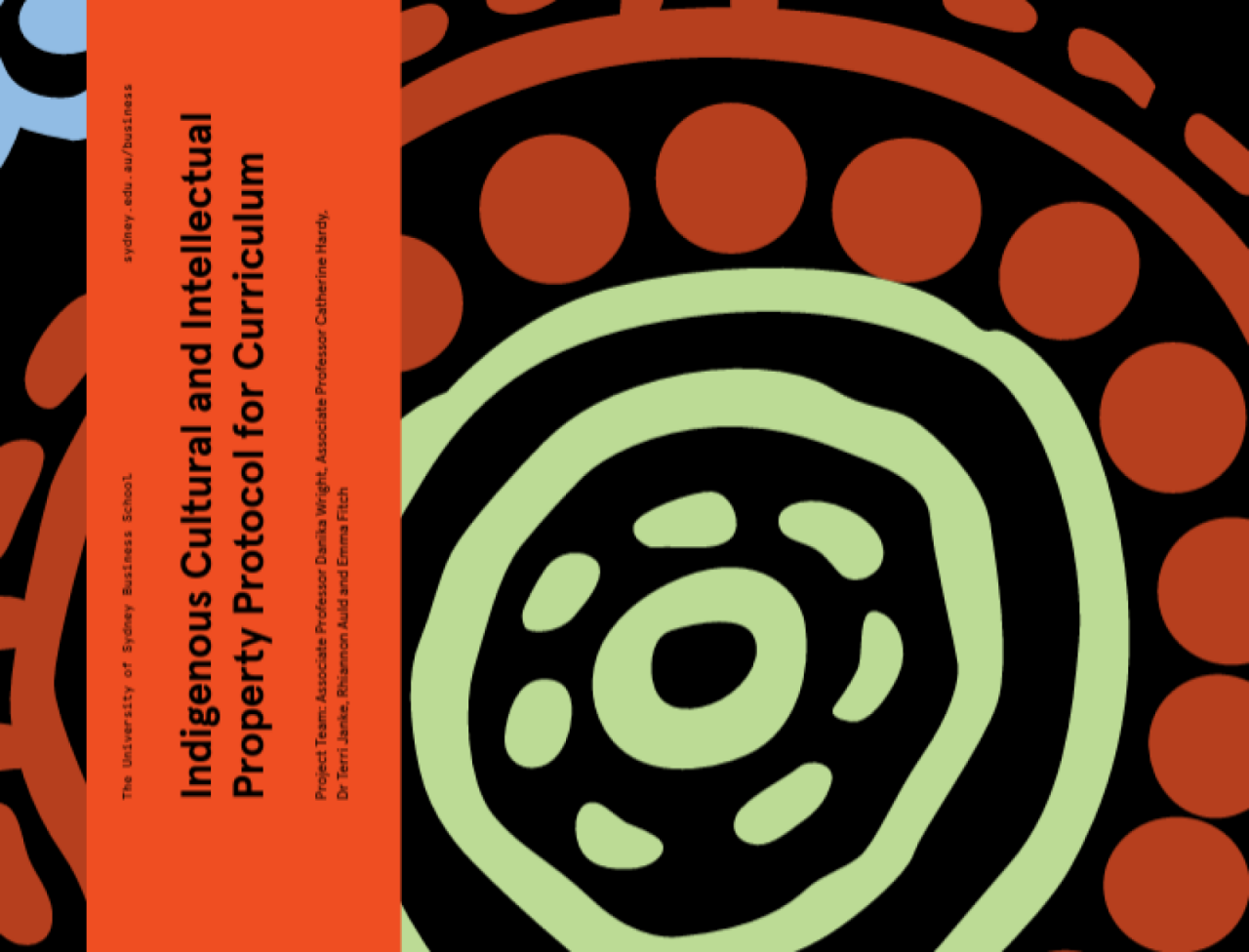
Embedding Indigenous perspectives into teaching and learning
The University of Sydney Business School published their Indigenous Cultural and Intellectual Protocol for Curriculum (ICIP), which supports academic and professional staff in promoting culturally safe practices across their teaching programs. It is a framework for staff to include culturally responsive practices in their own curriculum design and development lifecycle. Since being placed in the repository:
“The Protocol has been disseminated through various channels, including a workshop at the Business School’s Learning and Teaching Forum attended by cross-faculty colleagues, and presentation to Faculty Board, engaging colleagues across all disciplines. It has also informed Indigenised curriculum initiatives, advancing efforts to use best practice approaches to embedding Indigenous perspectives into teaching and learning.” – Associate Dean (Indigenous Strategy and Services) Danika Wright
The protocols have also been added to the Library’s physical collection and our Aboriginal and Torres Strait Islander resources collection.
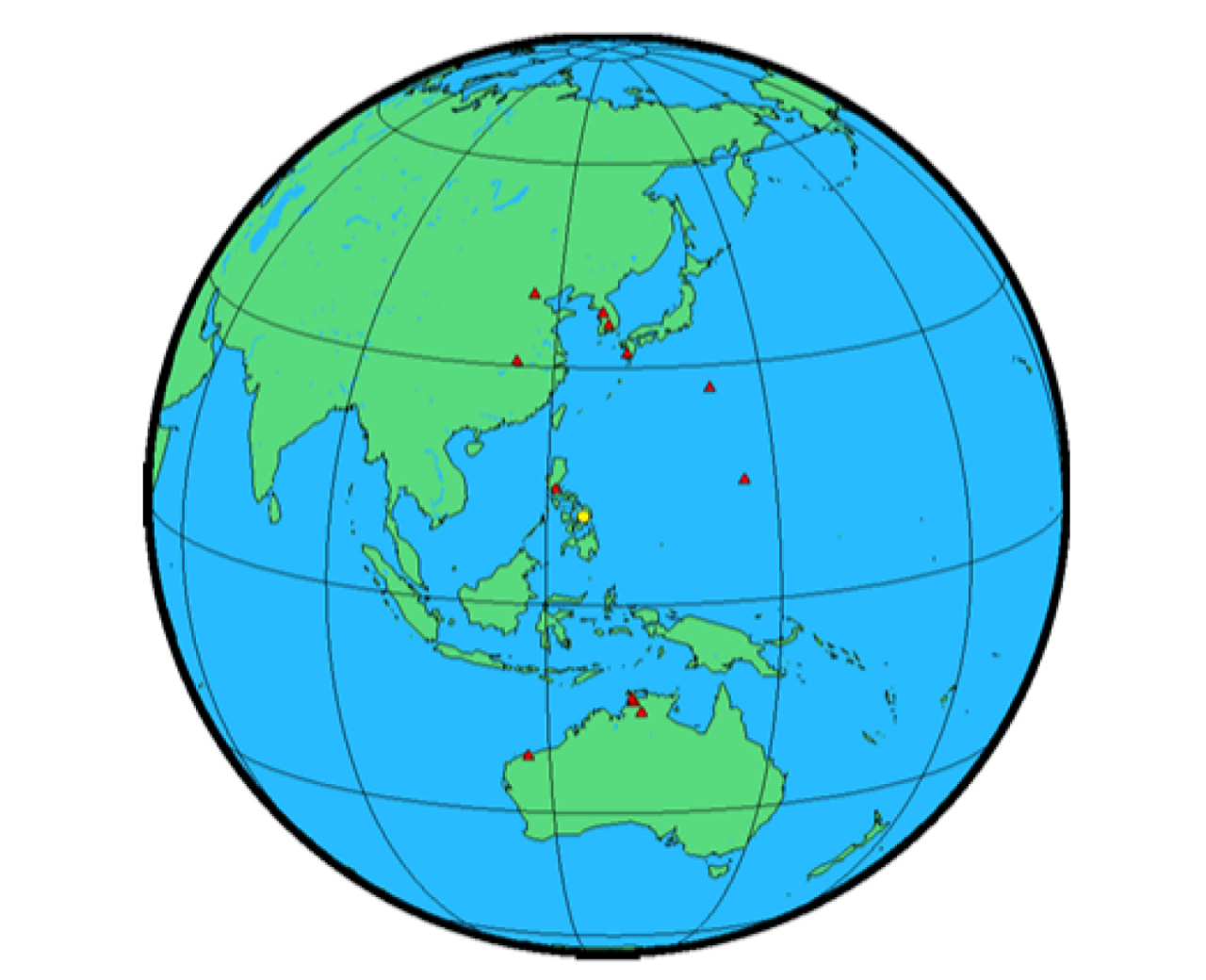
Reducing disaster risk in coastal communities in Southeast Asia
The repository also accepts a variety of research output including datasets. This year we saw the submission of several large datasets that gave the researchers a platform to make their data accessible. Researchers from the School of Civic Engineering published their large dataset: High-Resolution Elevation Model and Orthomosaic of the Municipality of Carigara, Leyte, Philippines.
The dataset provides detailed topographical and visual information for coastal communities of the Municipality of Carigara, in the Philippines, where the data was collected through an aerial drone survey. The dataset was provided with a DOI and was published with two reports. Dr. Aaron Opdyke outlined why he chose the repository to share his data:
"Hosting our large dataset through the USYD repository made it easy to disseminate the underlying data behind our research publication. This has been important to ensure open access and transparency of the research we conduct and opened up our data to secondary uses for others to innovate and build on our work more easily."